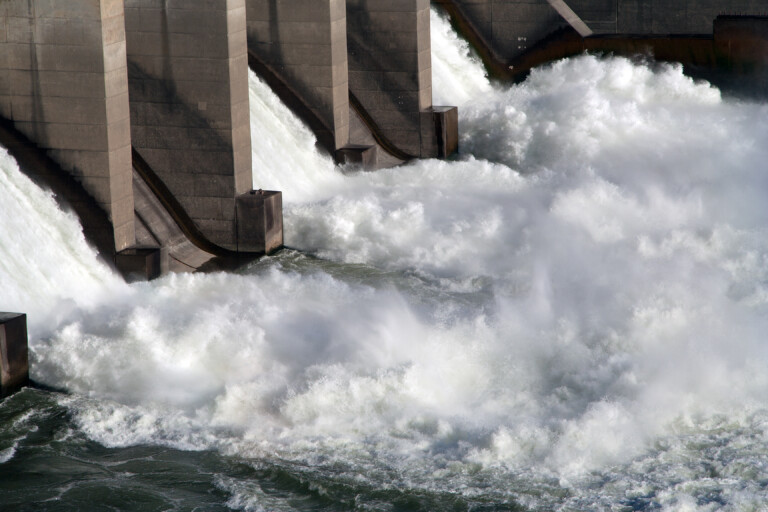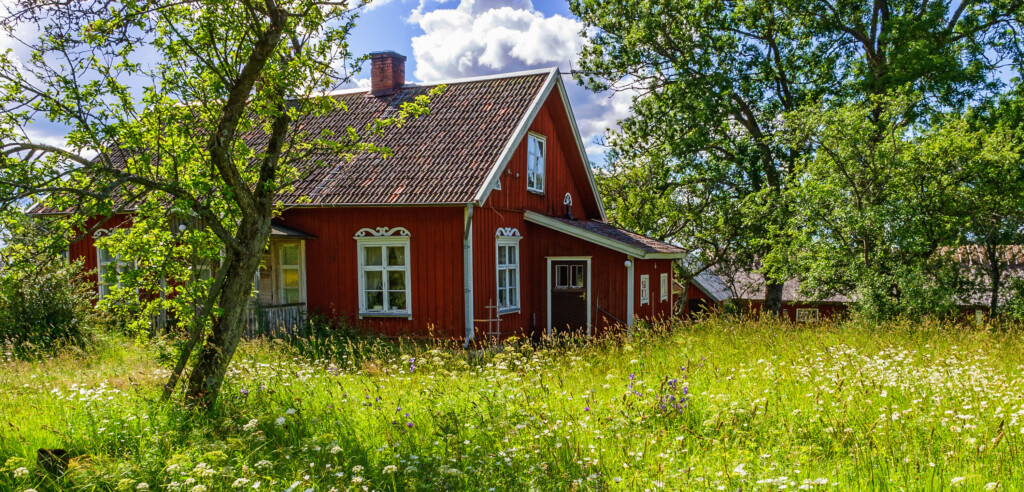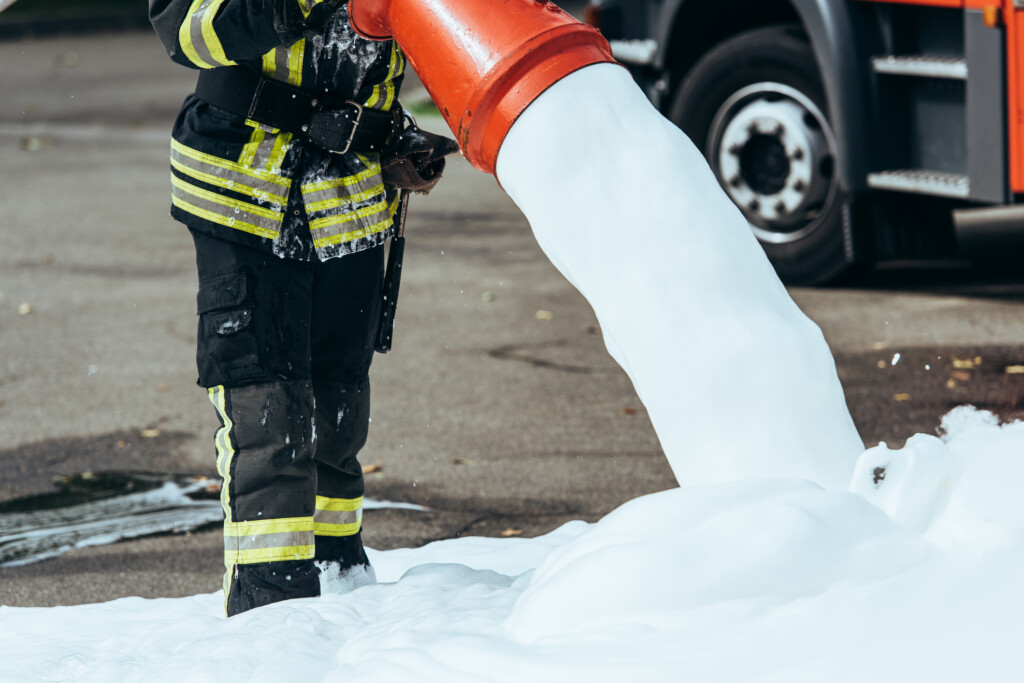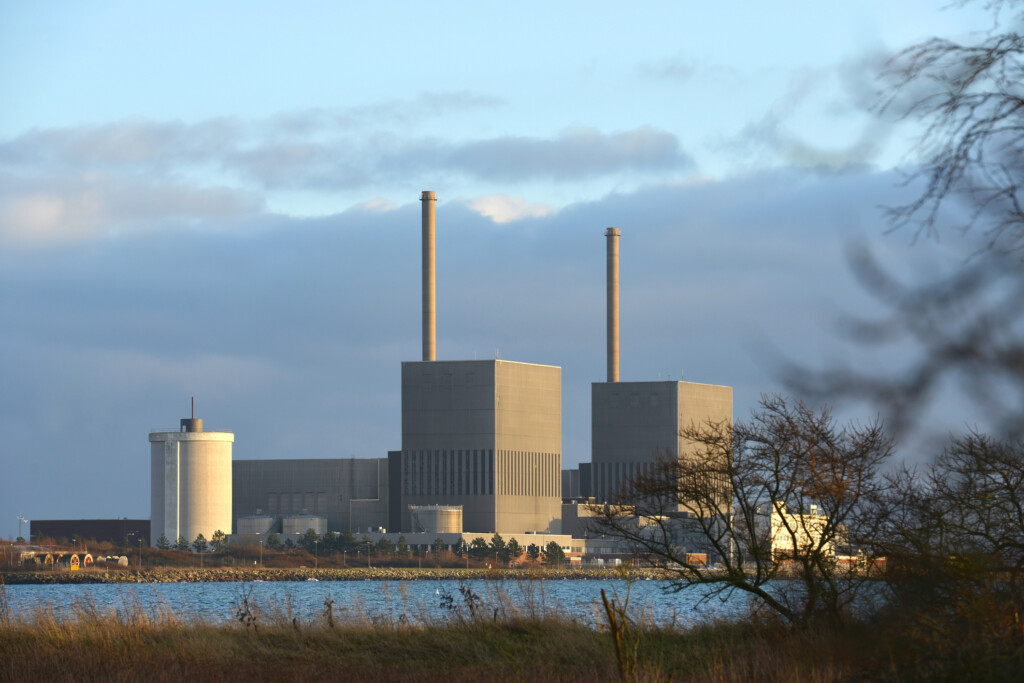Transport
Conspiracy theories about wildfires can fuel climate change denial
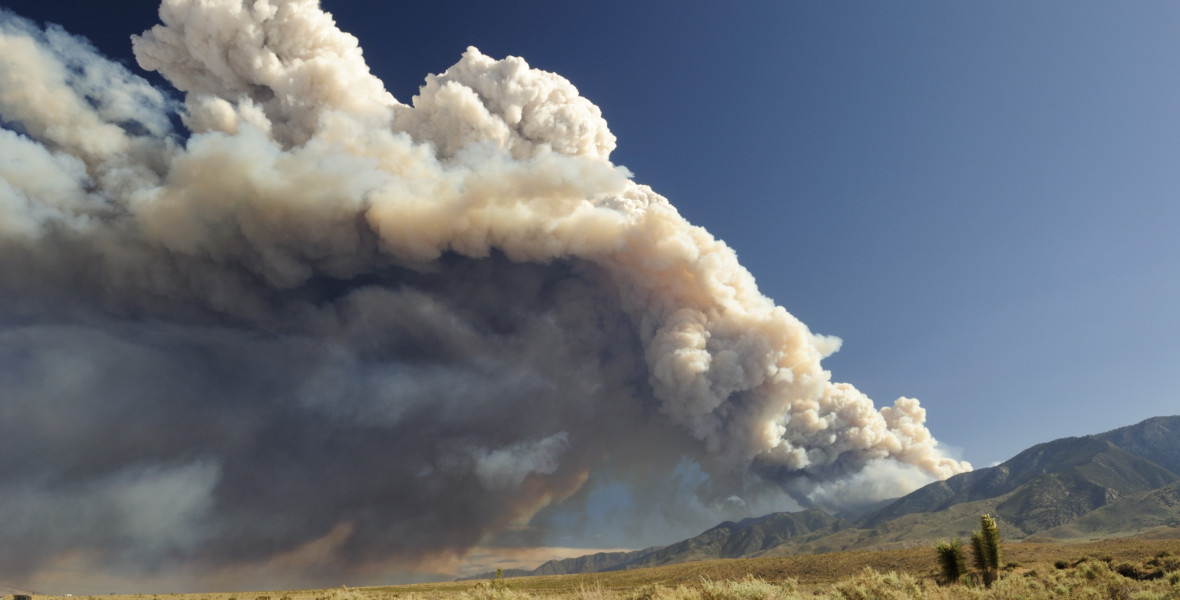
Were last summer’s wildfires in California started by left-wing activists? No, but the rumour gained widespread coverage on social media. Researchers are now taking a closer look at how conspiracy theories about the wildfires spread, and what can be done to stop misinformation.
Prenumerera på Extrakts nyhetsbrev!
Läs mer
Håll dig uppdaterad! Få kunskapen, idéerna och de nya lösningarna för ett hållbart samhälle.
Personal data is stored only for the mailing of Extrakt newsletters and information related to Extrakt’s operations. You can cancel the newsletter at any time, which means you will no longer receive any emails from us
It’s not just the rumours surrounding the California fires that have sparked an explosion of false information and conspiracy theories. When fires were raging in Australia in early 2020, it was claimed that they were started by arsonists. And even when the Amazon was burning in the summer of 2019, false information abounded. Some argued that these fires had been set by environmentalists in order to stir up interest around the world.
Researchers Victor Galaz and Stefan Daume from the Stockholm Resilience Centre at Stockholm University, along with the Beijer Institute for Ecological Economics, detect a pattern: wildfires seem to be exploited as an opportunity to advance different political agendas, although misinformation is sometimes spread more due to sheer ignorance.
Fuelling climate change denial
According to Galaz, the conspiracy theories associated with wildfires can have negative consequences in that they risk fuelling the growing denial of climate change.

“Scientists have established that climate change is causing more and more widespread fires, but this is dismissed in many of the conspiracy theories that abound,” he says.
Stefan Daume adds:
“In order for politicians to take decisions that slow down climate change, they need to have the public on their side. So people have got to understand the effects of climate change.”
In a newly launched international research project, they will study how widespread the dissemination of wildfire misinformation really is and how that information is disseminated. They will focus on the role of bots – programs that can automatically create content and interact with social media users. Researchers have previously found that bots play a central role in the spread of rumours on social media, for example in the context of political elections and during the Covid-19 pandemic.
“With bots, you can quickly spread information to a vast number of people. It’s cheap and many people understand the technology. But we can’t yet determine the role of the bots as relates to wildfires in particular,” Daume says.
Harder to put out the fires
Misinformation about the fires is not only likely to have consequences for climate efforts but will affect the ability of emergency services to put out the fires, according to the researchers.
“A wildfire is a crisis that needs to be addressed quickly. But if the information is not correct, it’s more difficult to take control. If people think the fires are started by left-wing activists or arsonists, they’ll go out to protect their land, making it harder to extinguish the fires,” Galaz says.
Galaz and Daume find that the misinformation about wildfires on social media is sometimes picked up and spread further by sources that many perceive as credible, such as traditional media and high-ranking politicians or officials. Through their research project, they hope to be able to formulate advice for these target groups.
“We hope we’ll be able to make recommendations to journalists and government authorities on how to stop the misinformation from spreading,” Daume says.
Wrong about the Amazon’s importance
The misinformation on wildfires often encourages the dismissal of climate change. When fires were ablaze in the Amazon, much conflicting information was spread across social media. But incorrect information can also come from reliable sources.
Some argued that the fires were in fact very small, or even non-existent. Others exaggerated the consequences of the fires from a climate perspective. It was claimed, for example, that the Amazon accounts for 20 percent of the oxygen on earth, which is not true. Such misinformation risks weakening confidence in climate efforts and climate change scientists, even if the aim is to mobilise and engage, Daume says.
Although the project focuses specifically on wildfires, the researchers believe that their results may have a broader real-world impact for counteracting the spread of misinformation and conspiracy theories in other contexts.
“This can lead people to start questioning facts about climate change in general,” he says.


